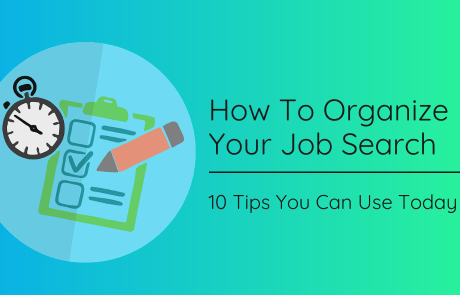
Seeking employment is a challenge, even during the best of times. It’s often said that looking for a full time job is itself a full time job, one that requires a great deal of time, persistence and creativity.
If you happen to be unemployed, of course, you likely have time in abundance. But what if you already have a job and want to find a new or different (and hopefully better) position? Taking it a step further, what if you don’t want your current employer to know you are actively engaged in a job search?
If this scenario applies to you, then you should definitely employ some under-the-radar strategies to keep your job search a secret.
Among those of us who have looked for “another” job, few have done so without the fear of being found out.
No matter your motivation for seeking another position, whether it be for “greener pastures”, professional advancement or simply to do something you’ve never done before, nothing screams “disloyal” to a boss more than having an employee look for other work.
Not only will your loyalty be forever questioned, but likely your trustworthiness as well. Even if your employer doesn’t engage in any action designed to make continuing employment uncomfortable, you will be anyway.
So, what can you do to ensure the confidentiality of your job search while still employed? There are, of course, any number of strategies you can employ. Here are some things you should remember:
-
- Focus. And stay focused. If you lose focus of what you are trying to accomplish (keep a job search secret), you may make a mistake, a mistake that reveals your intentions to your current employer. Doom soon follows!
-
- It’s supposed to be private, so keep it that way. While finding a new job may be work, your current employer isn’t paying you to do that, so don’t do it on company time. Ever. And we mean ever, no matter how clever or stealthy you may consider yourself to be.
While the jury may still be out as to what an employer is or is not entitled to place under surveillance at the workplace, you are ill-served if you use company computers or its internet access with any expectation of privacy.
If an employer never discloses, for example, that it utilizes keystroke software, you’ll never know they do. But it won’t matter. Remember, hubris diminishes wisdom. And reduces focus (see number 1 above).
Don’t even use your own cell phone during your business day to prevent the prospect of being overheard.
-
- But you swore you wouldn’t say anything! Don’t’ share your plans with a coworker. Just don’t. Didn’t we all learn a lesson about confiding in others in school?
-
- What happens on the internet stays on the internet. If you use your work email address for communication regarding your job search, instructing the recipient to maintain your confidentiality is hardly a foolproof mechanism to keep your hunt a secret.
Once you send an email, you have literally no control over it’s subsequent distribution.
-
- There’s really no such thing as hiding in plain sight. If you post your resume on a public job board, how secret is your search? Your employer may see it. Probably WILL see it. Or a coworker who doesn’t have your best interests at heart.
-
- What happens if you respond to an anonymous job post and find out it’s your job you’ve applied for? As awkward as that might be, it’s also likely to introduce some real urgency to your job search.
Keeping a job search secret: Critical if you want to stay in control of the outcome.









